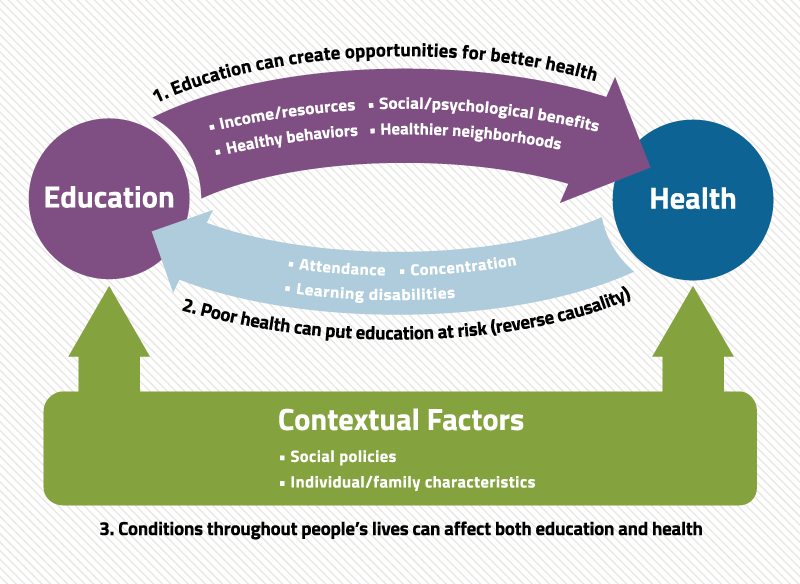This article on genetics and learning evaluates the connection between genetics and educational attainment. Educational attainment is the highest level of education completed by an individual. The author finds that the mental processes needed for learning are often genetic in nature. He directly challenges previous held idea about education and development stating:
"Children are not a simple tabula rasa, as once thought, since they are conditioned by their genome to an extent. The environment...is also a significant factor which can allow them to make the most of their capabilities..."
Genetics play a big role in who we become in every aspect of our lives. This, however, does not mean we are bound to it. Oddly enough, our environment is also not capable of completely masking or rewriting the traits we enter the world with. As far as education goes, genetics are the tools we begin our journey with, but our environment has the ability to sharpen or dull them. This author advocates for further research into the neurological functions behind learning and environmental impact on education Together these studies can be used to create flexable and personalized learning plans that improve student outcomes. On the opposite end of the spectrum, I believe it can be used to identify outdated and potentially harmful teaching practices.
Overall, I believe this information is very important to America and the world as a whole. Many people are unhappy with their schools systems, each having unique problems that can interfere with a students learning abilities. For example:
Do standardized tests contribute more to high achievement or competition and surface level engagement?
How has Americas history with school shooters changed the average students attitude towards school environments and education?
Gen Z is notoriously called lazy and uneducated, but is that the truth or do they no longer seek educational attainment in favor of more basic needs?
Hopefully, we will have the answers to some of our education questions in the near future and the ability to make the needed changes for everyones best interest!

